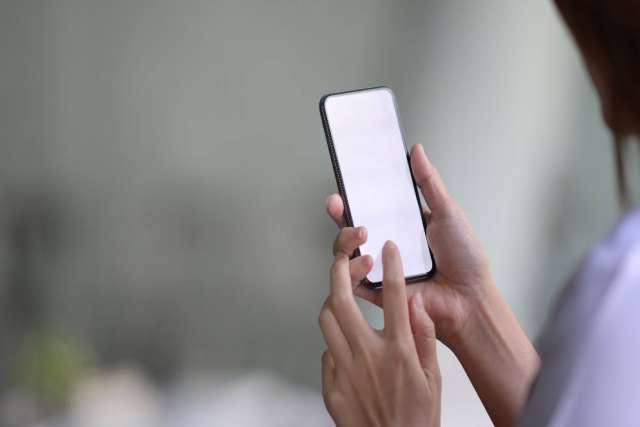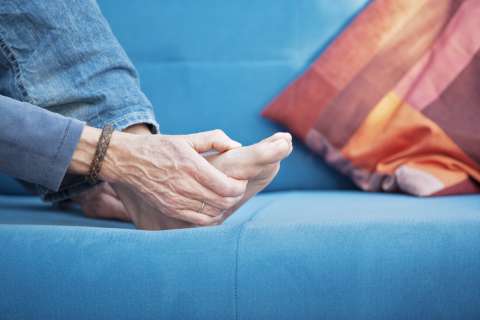Dear Doctors: Our family spends a lot of time these days on our screens. I’ve always had trouble sleeping (mom brain), but now my husband and our two teen boys are struggling, too. Do you think all the screen time could be why?
Dear Reader: We’re all dealing with so much right now -- stress, anxiety, isolation and uncertainty -- that poor sleep has evolved into an epidemic of its own. And with a large portion of our daily lives taking place online, it’s quite possible that the high-energy light emitted by our computers, tablets and smartphones is adding to the toll.
For many of us, the work day, the school day and even socializing have shifted online. Add to that the hours we were already spending on our screens before the pandemic, and many of us are getting the highest daily doses yet of what’s known as “blue light.”

Similar to sunlight, blue light has been shown to suppress the release of melatonin, a hormone produced by the pineal gland in the brain that makes you feel sleepy. Recent studies have found that prolonged exposure to blue light, particularly in the hours before bed, confuses the brain. Instead of the warm tones of evening light, which signal the brain to power down and prepare for sleep, the blue light emitted by electronic devices insists it’s daytime.
This affects not only the ability to fall asleep, but also to stay asleep and spend adequate time in the various stages of sleep -- especially the all-important deep sleep. That’s a serious problem, because lack of high-quality sleep not only leaves us tired in the short term, it also is associated, over time, with more serious health issues. These include headaches, weight gain, diabetes, high blood pressure, coronary heart disease and depression.
The good news is that you can take specific steps to mitigate the effects of exposure to blue light and improve your ability to fall asleep and stay asleep. One cornerstone of good sleep hygiene is a consistent bedtime. Decide on what your bedtime will be, then end all screen use at least two hours -- and preferably three hours -- before then. If you don’t build in that no-screen buffer, the blue light will continue to tell your brain that it’s broad daylight. This, in turn, confuses your inner clock, which throws off your ability to fall asleep.
In that same vein, block the various digital lights that can populate the bedroom, such as clock dials, smoke alarms and other electronic devices. When it comes to working with a computer or tablet, consider purchasing special filters, which reduce the amount of blue light that a device emits. Protective eyewear that blocks blue light is also available.
Quite a few manufacturers now include a special “night mode” option for smartphones, computers and tablets. When activated, night mode shifts the light emitted by the screen from the high-energy blue light to the warmer end of the spectrum. This all takes planning and discipline, but, considering the stakes, it’s worth it.
(Send your questions to [email protected]. Owing to the volume of mail, personal replies cannot be provided.)





